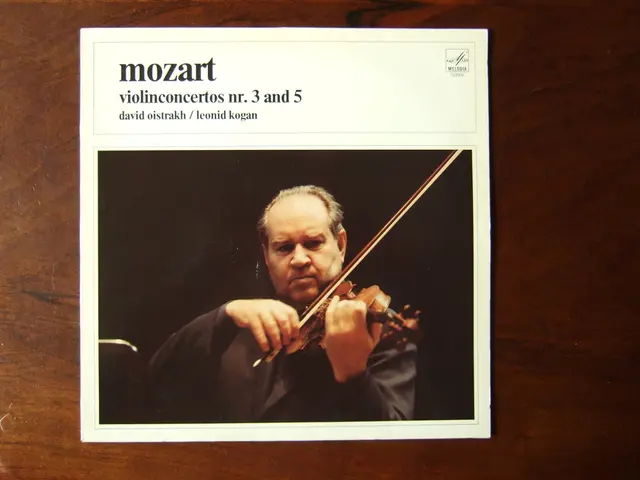Administration's foreign student restrictions at Harvard University challenged by deliberate judge's plans
Here's the fresh, original version adapted to the guidelines:
Harvard Wins Temporary Reprieve from Student Revocation Ban
In a legal blow to the Trump administration, a Massachusetts federal judge has announced plans to grant a preliminary injunction preventing the administration from revoking Harvard University's ability to host international students.
During a hearing Thursday, U.S. District Judge Allison Burroughs showed her intention to issue the preliminary injunction requested by Harvard and extend a temporary restraining order that currently holds the administration back. The presiding judge's actions come as Harvard fights against the Trump administration's attempts to restrict foreign students temporarily, while it takes DHS to court.
According to the Trump administration's stance, existing foreign students at Harvard would either need to transfer or risk losing their legal status in the U.S. Conversely, attorneys for Harvard are waging their battle in federal court, with the target being DHS's threats against Harvard's federal funding and students [1][2].
The Trump administration has given Harvard University 30 days to contest its efforts to effectively end foreign student enrollment at the institution [3]. In the notice issued Thursday, the school was informed that it must provide evidence to rebut the administration's attempt to end Harvard's participation in the Student Exchange and Visitor Program (SEVP).
As the Ivy League institution prepares for its commencement ceremony on this very day, the atmosphere was charged with anticipation. Upon taking the stage, President Alan Garber received a standing ovation and a thunderous round of applause. Speaking to the graduates, Garber underscored their importance: "You, you are the hope of this institution, embodied." He continued, praising the students' achievements and challenging them to carry Harvard's best attributes into the world [4].
Kathryn Watson is a politics reporter for our News Digital, based in Washington, D.C.
Insights from Enrichment Data:
- Context: The Trump administration's move to revoke Harvard University's SEVP certification was allegedly due to claims that Harvard had not complied with Homeland Security requests, including fostering violence, antisemitism, and coordinating with the Chinese Communist Party.
- Impact: The revocation affects over 6,700 international students at Harvard, who would face displacement or risk losing their legal status in the U.S., if the temporary injunction is not upheld.
- Ongoing Case: The lawsuit Harvard has brought against the DHS focuses on First Amendment grounds, arguing that revoking the university's certification is unconstitutional retaliation against the institution for resisting political pressure.
- In the realm of politics and education-and-self-development, Kathryn Watson, a politics reporter, covers the ongoing legal battle between the Trump administration and Harvard University, as the institution fights to preserve its ability to host international students.
- The temporary reprieve granted by a Massachusetts federal judge has momentarily halted the politics-driven attempt by the Trump administration to revoke Harvard University's Student Exchange and Visitor Program (SEVP) certification, putting the status of over 6,700 international students into question.
- As the general-news of the Trump administration's attempts to restrict foreign students continues to unfold, Harvard University is challenging the administration in court, arguing that the revocation of its SEVP certification is an unconstitutional form of retaliation against the institution for resisting political pressure.








